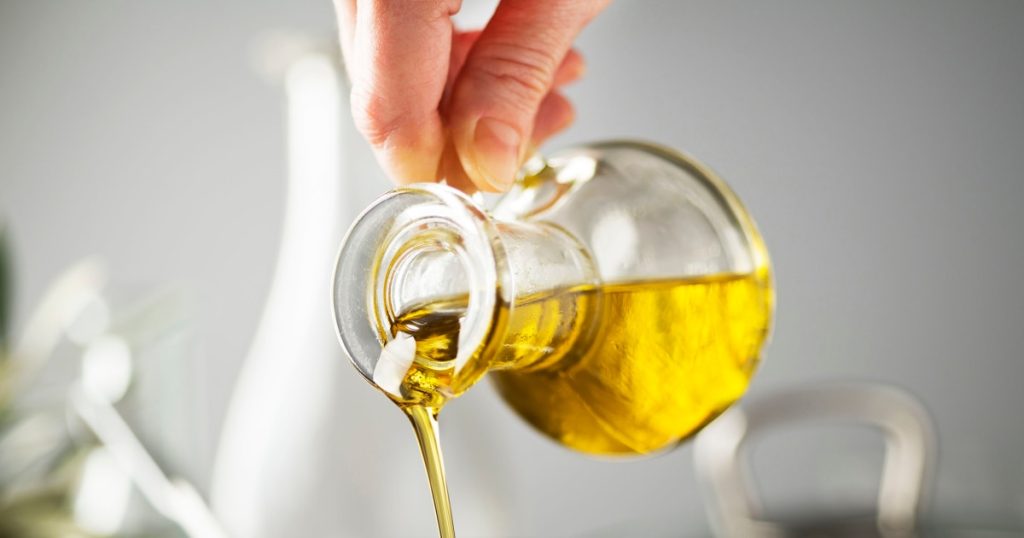Cooking oil is an essential ingredient in the kitchen for various purposes such as preventing sticking, searing meat or vegetables, moistening cakes, dressing salads, and more. With a variety of oils available at the grocery store, it can be challenging to determine which type is the healthiest. Where the oil comes from and how it’s processed can impact its nutrition content and flavor, making it important to choose wisely. Dietitians recommend selecting oils that are low in saturated fats, from nontropical plant sources, and unrefined.
Moderation is key when consuming cooking oil, as it is a concentrated source of calories and fats. The American Heart Association advises replacing bad fats with healthy fats, such as polyunsaturated and monounsaturated fats, for overall health benefits. It is essential to monitor fat intake and ensure it aligns with dietary recommendations. Choosing healthier oils that are low in saturated fat, from nontropical plant sources, and unrefined can help promote heart and brain health.
When selecting a cooking oil, it’s crucial to consider the oil’s smoke point, which determines the suitable cooking methods. Oils with higher smoke points, like avocado, canola, peanut, and soybean oils, are ideal for high-heat cooking methods such as searing or frying. Oils with lower smoke points, such as walnut, flaxseed, and wheat germ oils, are best for salad dressings or flavor enhancements. Olive oil is a popular choice among experts due to its numerous health benefits, including lowering LDL and blood pressure, reducing inflammation, and improving heart health.
Among the various healthy cooking oils available, olive oil is recommended for its high content of monounsaturated fatty acids, vitamins, antioxidants, and polyphenols. Extra virgin olive oil is the least processed and retains more nutrients and flavor, making it suitable for a wide range of cooking methods. Other healthy oils include avocado, canola, corn, peanut, safflower, soybean, grapeseed, sunflower, and oils typically labeled as “vegetable oil.” On the other hand, coconut oil is considered the least healthy option due to its high saturated fat content, which can raise LDL cholesterol levels and pose a risk to heart health.
To ensure maximum freshness, nutrition, and taste of cooking oil, it’s important to store and use it properly. Storing oil in dark, opaque bottles, in a cool place away from light, and using it within several months of opening can help prevent oxidation and overheating. It is essential to discard expired or rancid oil, avoid reusing cooking oil, refrain from refrigerating certain oils, and be cautious when using oil that smokes or catches fire. By following these tips and selecting the healthiest oils for cooking, individuals can enjoy the benefits of incorporating oil into their diet while promoting overall well-being.


